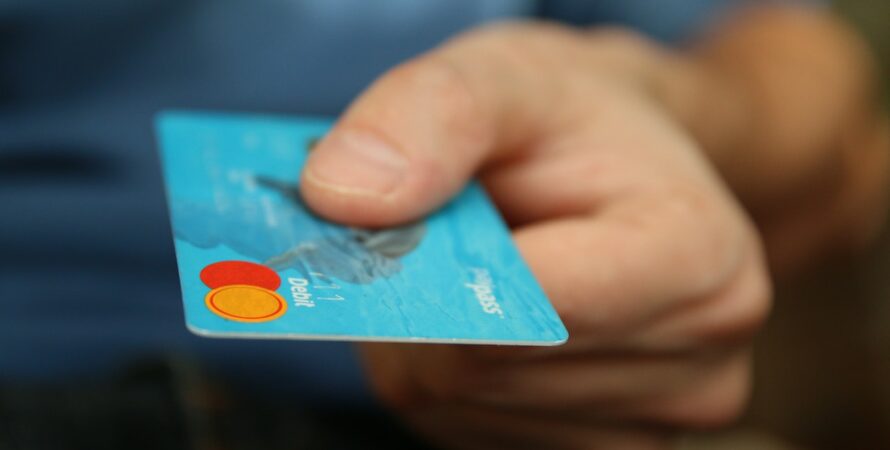In today’s high-tech world, making online purchases, especially with plastic, has become normal. You’re probably going for a card rather than cash while buying a cup of coffee at your local cafe or treating yourself to a shopping excursion halfway around the world.Is that really a surprise? Who would want to go with a wallet stuffed with cash when a slim, attractive card would do? And when card payments surpass cash payments, the trend will only get greater.
But did you realize there are several card varieties?The two primary players are credit cards and debit cards. You can ask, “Aren’t they basically the same?” No, not quite. Each offers a unique set of benefits and drawbacks.
What is A Credit Card?
Customers may easily borrow money from a lending organization, such a bank, using credit cards. The cardholder agrees to pay back the loan’s principle as well as any owed interest within the time frame and in the way the financial institution specifies.
Although credit cards have certain disadvantages, they are often outweighed by the benefits. Let’s examine how using credit cards could improve your financial status and quality of life.
Credit Card Pluses
The following are the key advantages of using a credit card for financial transactions:
Establishing Credit History
A significant benefit is having a solid credit history. Your credit score is influenced by how you use your credit cards. This covers both good and negative elements, such timely payments and a low credit use percentage.
Anti-Fraud Techniques
The protection it provides against unauthorized use of your assets is another benefit of having a credit card. You could be responsible for any unauthorized purchases up to $50 if you lose your card and immediately report it stolen.
Warranty and Purchase Protection
The guarantee and purchase security are a considerable additional benefit. The warranties and insurance coverage provided by credit cards sometimes outlast those provided by the manufacturer or vendor.
Some credit cards include built-in purchase and price protection, which can help you get your money back if an item you purchased is later offered for less elsewhere or to replace lost or stolen products.
What Exactly Is a Debit Card?
Debit cards are a particular kind of payment card that withdraws money straight from a bank account. Cashless transactions immediately deduct the necessary sums from the connected account, as opposed to borrowing money from a bank or card provider.
When issued by well-known payment processors like Visa or Mastercard, a debit card has many of the same consumer protections as a credit card and the convenience of the former.
Pluses of Debit Cards
Debit cards, like credit cards, offer advantages and cons. The following are some of the numerous advantages of using a debit card.
Financial Management
A debit card’s main benefit is that it reduces credit card debt for users. Overspending and debt can occasionally be prevented when payments are made directly from the user’s bank account.
Protection Against Fraud
Compared to debit cards, credit cards usually provide more protection against fraudulent transactions. The disparity is narrowing, though, as more debit cards, particularly those provided by significant payment processors like Visa and Mastercard, have comparable security measures.
There Are No Yearly Expenses.
Typically, there are no yearly fees associated with using a debit card. Moreover, the majority of banks don’t charge.
The Downsides of Debit Cards
Despite these advantages, there are several drawbacks to using a debit card.
Poor Reward Programs
Lack of incentives is a serious drawback. Standard debit cards occasionally don’t offer the rewards, miles, or cash back that credit cards do. Therefore, people who solely use debit cards can pass on opportunities to save money.
Limitations on the Development of Credit
Use of debit cards has no impact on credit scores. Responsible borrowing and repayment are the keys to building a high credit score. Debit cards do not let you engage in these credit-building behaviors since they are linked to your available cash.
Which Is The Better Option?
You could be asking yourself, “So which one should I use?” And it’s totally up to you to find a solution! Your spending habits, financial goals, and how well you keep track of your expenses are all factors that might influence your choice.
The best option for you may be a debit card if you’re worried about overspending. However, a credit card could be helpful if you are strict with your spending and aim to have a strong credit history.
Keep in mind that there isn’t a single, perfect solution. The greatest option is the one that best fits your needs, aligns with your financial goals, and gives you a sense of security and comfort.
See more here




